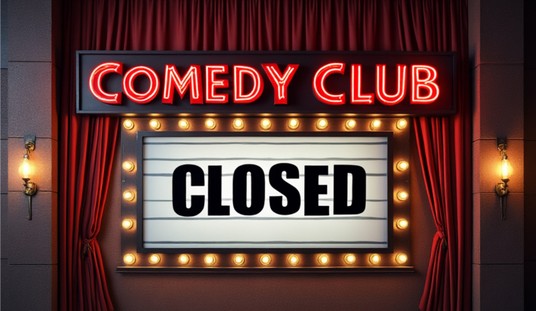In the 66 years since Mao Tse-tung founded the People’s Republic of China, there has been just one brief spell in which the people of China escaped the chains of their rulers, enough to speak freely to each other and to the world. That was the uprising we remember as Tiananmen Square. The name does not do it justice. The uprising was centered in Beijing’s vast Tiananmen Square, and it was the student protests there that are most remembered. But the protests spread to other cities in China: Shanghai, Canton, Chengdu. Millions joined these protests — not only students, but laborers. People of all ages. Some came from other parts of China to Beijing for the chance to take part, though after 40 years of communist government brutality, they surely knew the risks.
It was a signal moment in the history of the 20th century, bedeviled for generations by Russia’s 1917 communist revolution, and its spawn around the globe. In the spring of 1989, the Soviet Union was on its way to implosion, but it had not yet collapsed — nor was its collapse clearly foreseen. Eastern Europe was about to break free, but that, too, was not a given. The Berlin Wall still stood. In Romania, the Ceausescus still ruled. And then, in China, the world’s most populous communist country, came the great tremor that was Tiananmen. For more than two weeks, in the run-up to June 4th, China’s government lost control of its capital city. It lost control to people who were peacefully demanding justice, liberty, and some way to hold their rulers accountable. These protesters built their own statue of liberty, facing the huge portrait of Mao, in Tiananmen Square. They quoted the Gettysburg address, with Lincoln’s closing line about government “of the people, by the people, for the people.”
It was the most moving story I have ever covered. I was working at the time out of Hong Kong for the Wall Street Journal’s editorial page in Asia, and my editors — newsmen of the old school — told me to head to Beijing and stay there awhile. In the sleepless weeks that spanned the protests, the June 4th pre-dawn onslaught with which China’s army reclaimed Tiananmen, and the terrible aftermath of continued shootings and arrests, the word I heard from many people, the word that stays with me to this day, is “truth.” China’s people wanted the truth. They wanted a government that would no longer lie to them to justify its chokehold on power. They wanted the world to hear this truth. “Tell the truth about China” is what they said, over and over.
This June 4th marks the 26 anniversary of that uprising. There are by now rituals for this day. In Hong Kong, under China’s disapproving gaze, there is a candlelight vigil in Victoria Park. In the West — especially on big anniversaries (the 10th, the 20th, the 25th) — there are debates and articles revisiting what really happened, and rehashing what it meant. In China, the ruling Communist Party has used its powers of censorship to scrub the history of June 4, 1989. But the Party does not rely on censorship alone. There is also an even tighter leash than usual on dissidents, and tight security around Tiananmen itself, to ensure no protesters gather there again.
China today is richer by far than in 1989, and communism there is a decayed ideology, but China is not free. The Communist Party carries on, battened onto old structures, wielding the technological wonders of the 21st century to develop new tools of control. How this plays out is high risk, and hard to predict. China’s Party sits atop a pressure cooker, which appears stable — as long as no shock comes along big enough to blow off the lid. When dictatorships fall apart, they tend to fall apart fast. On the other hand, the retreat of America as a world superpower has become a dangerous invitation for China’s rulers to deflect popular discontent at home toward aggression abroad. It is open season for opportunists on many fronts, and for that we may all pay a steep price.
But what I do know is this. It is now 26 years since the people of China last found a way to speak freely to the world. They did so at great cost. Whenever the day next comes that they are able to do this again, I don’t know what we’ll hear. But I know what they said in 1989. It was haunting, for its promise of what a truly great nation China could be, if it ever completes the long march — and it is becoming very long — toward joining the free world.









Join the conversation as a VIP Member